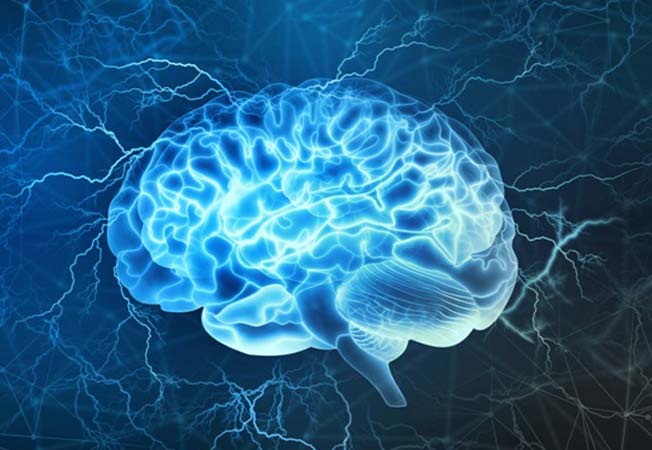How much does the human brain weigh? Approximately 3 pounds. As it turns out, however, brain size doesn’t have anything to do with intelligence.
Instead, it has more to do with the brain weight to body weight ratio—at least, that’s what researchers believe.
The brain, like the rest of our body, however, can be afflicted by a number of conditions. In fact, it’s more common than you think. In the U.S. alone, more than a million adults are diagnosed with a brain disease each year.
What are some of the most common brain disorders? Want to know? If so, be sure to read the rest of the article!
About the Human Brain
The brain is the control center of the body. Together with the spinal cord, it makes up the central nervous system.
Made up of over 100 billion nerve cells, it’s easily the most complex organ in the human body. Not only does it control our actions, both voluntary and nonvoluntary, but it also allows us to think, feel, learn, and remember.
4 of the Most Common Brain Disorders

A number of conditions can affect the brain. That’s one of the reasons why there are so many brain charity appeals that need your support!
Anyway, here’s what you need to know about the disorders.
1. Dementia
Dementia describes a group of symptoms that impact memory and communication. Symptoms include forgetfulness, confusion, and poor decision-making.
What’s the most common type? Alzheimer’s disease. As the condition progresses, it can have a big impact on the individual’s ability to function independently.
2. Brain Tumors
Tumors that start in the brain are called primary brain tumors. As it is, they can either be malignant or benign, the former of which indicates cancer.
The most common symptoms include headache, seizures, nausea, changes in speech, and difficulty with movement. Treatment options include surgery, radiation therapy, and chemotherapy.
3. Epilepsy
Epilepsy is a condition that causes recurrent seizures. Generally speaking, there are two types—generalized seizures and focal seizures. The former affects the entire brain whereas the latter only affects one part of it.
Common triggers include stress, lack of sleep, bright lights, or fever. Depending on the individual, symptoms (e.g. violent shaking, confusion, loss of control) can last anywhere from a few seconds to a few minutes.
4. Parkinson’s Disease
Parkinson’s disease is a neurodegenerative disorder that affects movement. It occurs when the cells in the substantianigra, a structure in the midbrain, start to die.
In the early stages, it can cause changes in handwriting and stooped posture. As the condition progresses, an individual may experience tremors, slow movement, and problems with balance.
While there’s no cure, there are medications that can help control symptoms.
Understanding Brain Diseases
And there we have it—four of the most common brain disorders. If anything, they can all affect an individual’s quality of life.
Interested in reading more health posts? If so, make sure to check out the rest of our site!